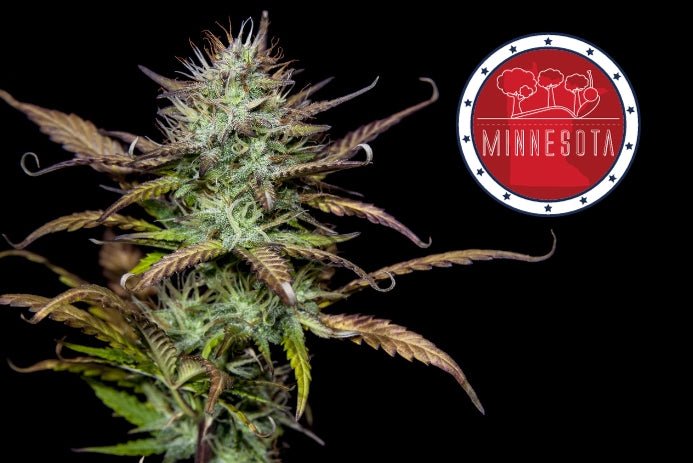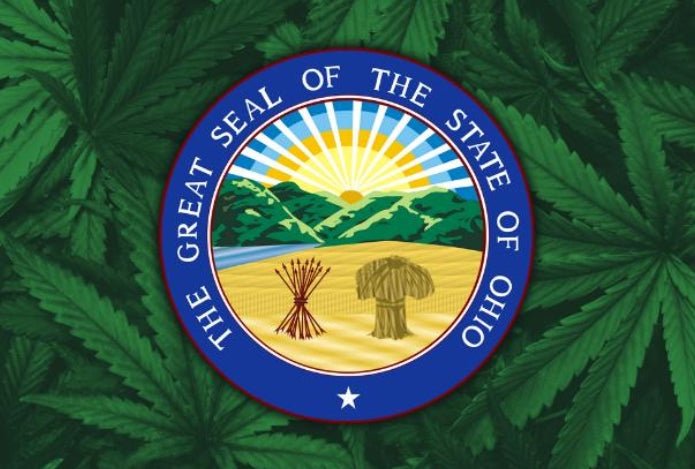The study indicates that marijuana is by far the most popular recreational drug worldwide despite it being illegal almost everywhere.

A new report released by the United Nations is shedding light on global substance use trends, and the findings are remarkable. According to numerous national and international media outlets, the UN’s latest "World Drug Report" for 2023 shows that in 2021, close to one in 17 individuals aged 15-64 participated in some form of drug use over that year-long period, an increase of 23% since 2011.
That number and sizable increase in use set off some alarm bells for officials at the global peacekeeping organization. However, the statistic garnering the most attention centers on the dramatic global increase in cannabis consumption by adults. As detailed in the study, approximately 220 million adults engaged in cannabis consumption in 2021. That substantial number represents 4.3% of the entire global adult population.
Along with the dramatic increase in marijuana use, the report also shows a significant shift in the gender dynamics observed in the market, most notably in North America. In the past, roughly 70% of cannabis consumers were men. However, recent trends are indicating that women now comprise 42% of cannabis users in North America.
That change, as well as the overall increase in cannabis use, could have a massive impact on evolving societal perceptions of the plant and help change policies, guidelines, and regulations concerning cannabis’ legal status and future use.
Much of that upward trajectory in global usage rates can be attributed to legalization initiatives taking place globally but with particular intensity and success in the United States. Since the states Colorado and Washington became the first two states to legalize adult-use cannabis, another 22 have joined their ranks, bringing the total to 24 states with a legal and regulated marijuana market.
While the booming cannabis industry can be seen as a net positive (from some perspectives) for the global drug use numbers, the report also highlights the devastating effects the opioid crisis has continued to inflict on individuals all over the planet.
The study reflects the alarming surge in opioid-related incidents, particularly apparent in the U.S., where drug overdose deaths continue to reach unprecedented levels. According to the Centers for Disease Control and Prevention (CDC), in 2021, the number of deaths resulting from drug overdoses was over six times higher than in 1999, with 75% resulting from opioids.

The UN report similarly reflects the numbers calculated by the CDC. According to the study, approximately 60 million people took part in non-medical opioid use in 2021, with opiates, predominantly heroin, accounting for 31.5 million users. Opioids continue to be the leading cause of all fatal overdoses, contributing to nearly 70% of the 128,000 deaths attributed to drug use in 2019. Likewise, opioid use accounted for over 71% of the 18 million healthy years of life lost due to disability and premature death in that same year.
Overall, the report paints a rather dark and bleak picture regarding global drug use. However, the United Nations is a geopolitical watchdog organization with a myriad of hidden and not-so-hidden agendas, most of which come down against the spread of any drug use, plant-based or otherwise.
What is most interesting about the numbers is the simultaneous uptick in both cannabis and opioid use. Many researchers and plant medicine experts view cannabis as the perfect prescription for battling opioid addiction. Indeed, some clinical studies even suggest that the plant may help individuals with difficult-to-treat pain conditions.
One of those studies, led by Marcus Bachhuber at the Philadelphia Veterans Affairs Medical Center in Pennsylvania, examined death certificates in all 50 states between 1999 and 2010. They discovered that the annual death rates attributed to opioid overdoses were nearly 25% lower in states with some form of medical marijuana (1,729 fewer deaths in those states). In addition, the study found that the effect grew more substantial in the five to six-year period following the approval of a medical cannabis program.
Cannabis legalization advocates and most users of the plant have anecdotally related numerous experiences detailing the healing properties of marijuana as well as hemp-derived products like CBD. However, with marijuana still illegal at the federal level and listed as a Schedule I narcotic on the Controlled Substances List, researchers are severely hampered in their efforts to understand the true power and medical impact of cannabis in the United States.
Hopefully, reports like the one issued by the UN will continue to shine a light on not only the global addiction crisis but also on practical and legitimate solutions offered by plants like cannabis sativa. Not all drugs are created equal, and some are simply flowers with a regrettable and mischaracterized reputation. Here’s to clearing the air and healing.








































